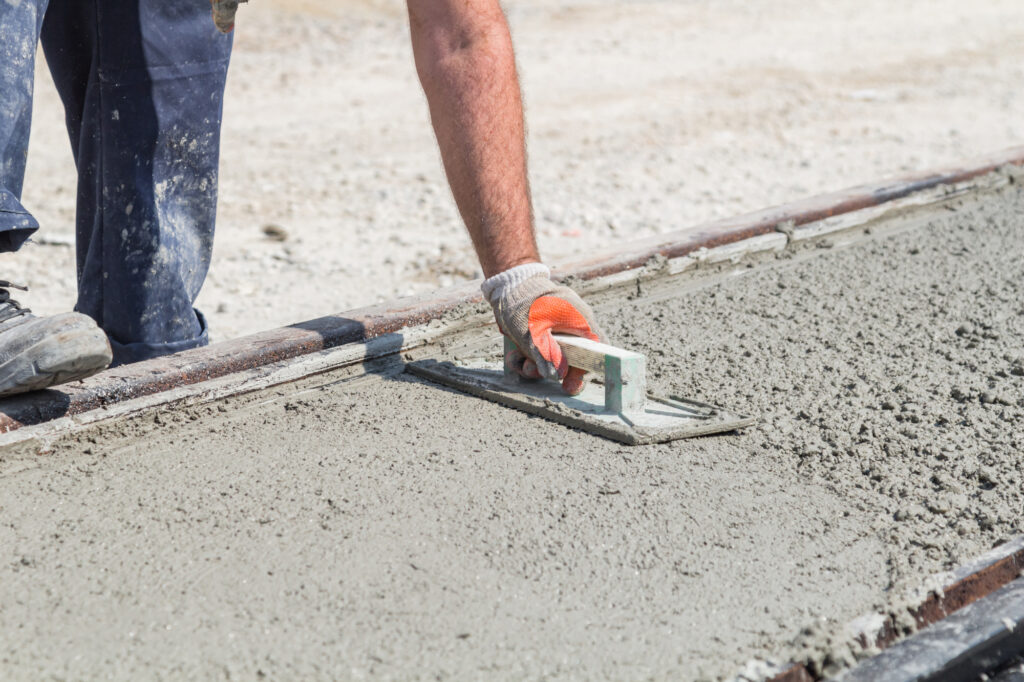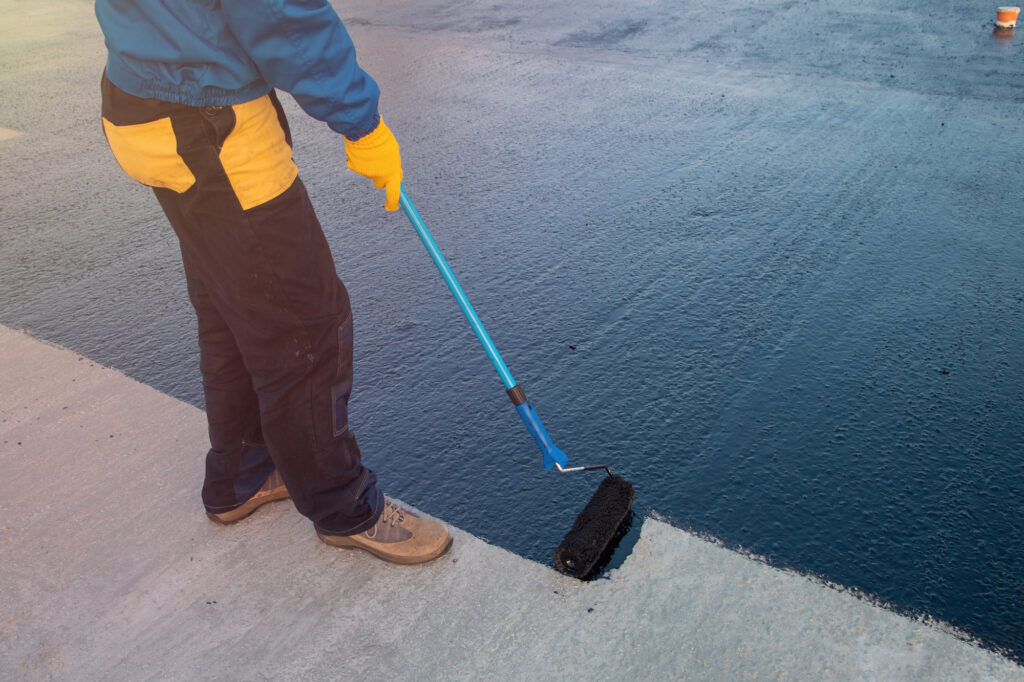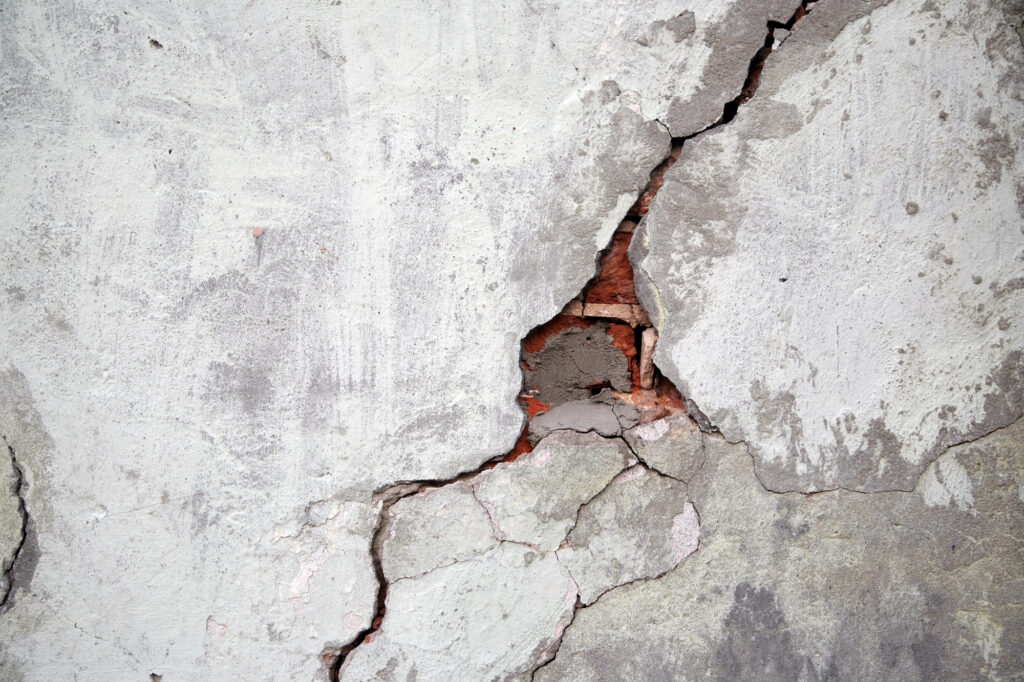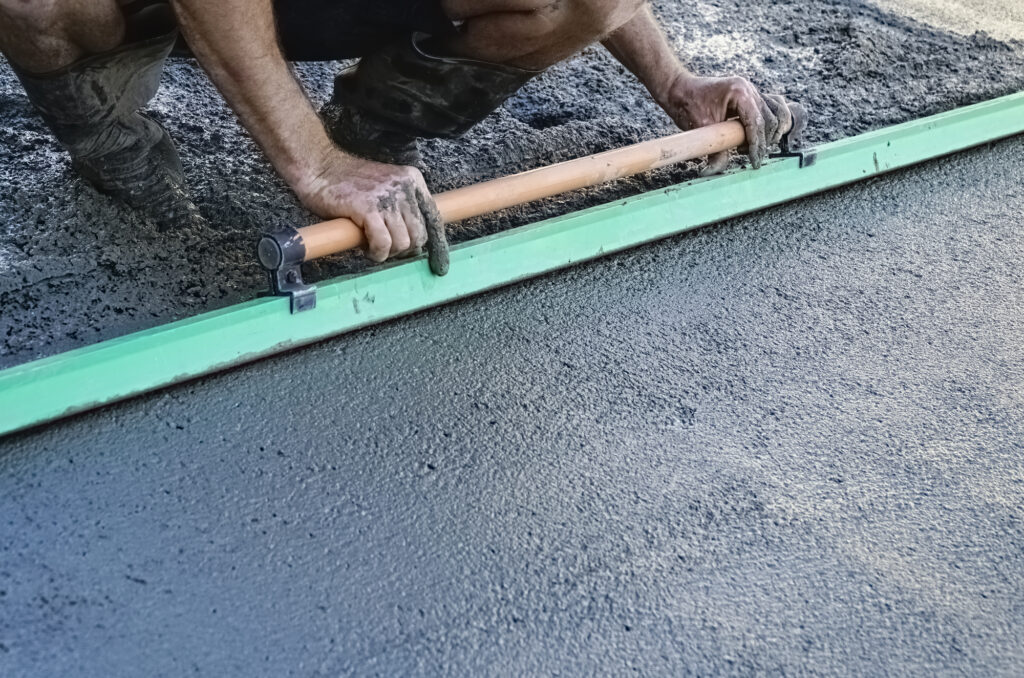Concrete steps are a popular choice for many homeowners due to their durability and aesthetic appeal. However, over time, these sturdy structures can fall victim to various issues that compromise both their safety and appearance.
Common problems such as cracks, spalling, and uneven surfaces not only detract from the overall look of your property but can also pose hazards for those using them.
Fortunately, understanding the typical challenges associated with concrete steps is the first step toward effective repair solutions.
In today’s blog post, we will explore the most common problems that plague concrete steps and discuss practical options for restoring them to their former glory. Whether you’re dealing with minor wear and tear or more significant damage, knowing how to address these issues can help you maintain a safe and attractive entryway for years to come.
Why Regular Maintenance and Repair of Concrete Stairs is Crucial
Regular maintenance of concrete stairs is crucial to ensure their longevity and safety. Over time, environmental factors and regular use can wear down even the most robust concrete structures.
Addressing minor issues, such as small cracks or uneven surfaces, early on with minor repairs can prevent more significant future damage. Maintenance practices should include routine inspections to identify potential weaknesses or deterioration.
Prompt repair of these identified issues is essential. Filling cracks on the concrete surface as soon as they are noticed helps to prevent water infiltration, which can exacerbate the damage through freeze-thaw cycles.
Regular maintenance not only preserves the structural integrity of concrete stairs but also ensures they remain safe and functional for all users, fostering a sense of security and belonging in the community.
Factors that Can Lead to Concrete Step Damage
The causes of concrete step damage can sometimes seem surprising to many property owners as they believe that concrete is the hardest material out there for their steps. But nothing is truly invincible when it comes to buildings, and something as common as rain and even the cold can turn minor issues with your concrete into something that ends up requiring extensive repairs later on.
Here are just some of the factors that can lead you to concrete damage on your steps:
Freeze and thaw cycle
Why do concrete steps deteriorate over time? One significant factor is the freeze and thaw cycle. This natural process involves water seeping into the micro-concrete cracks and pores of concrete.
As temperatures drop below freezing, the water expands and turns to ice, exerting tremendous pressure on the concrete’s structure. When temperatures rise again, the ice melts, reducing the pressure but leaving the cracks slightly widened.
Repeated cycles continue to stress the concrete, gradually increasing the extent of the damage. Timely concrete repair is crucial to address these vulnerabilities.
Dangerous moisture level
Beyond the freeze and thaw cycle, another pivotal factor contributing to the deterioration of concrete steps is maintaining an optimal moisture level.
A dangerous moisture level can severely undermine the structural integrity of concrete by affecting the bonding between its components. When moisture infiltrates concrete, it can cause the material to expand and contract, which, over time, leads to cracks and crumbling.
To prevent this, it is crucial to use a high-quality sealer. Sealers act as a barrier, repelling excess water and moisture while still allowing the concrete to breathe.
Regularly checking and maintaining the sealer can significantly extend the life of concrete steps, ensuring they remain safe and functional for years to come.
Dry soil
Experiencing gradual settling over time, dry soil beneath concrete steps can pose a significant threat to their stability and overall integrity.
As the soil dries, it contracts, creating voids under the steps. This lack of support leads to uneven settling, which can cause cracks and misalignment in the concrete steps.
These structural issues are common problems that affect not only the appearance but also the safety of the steps.
Regular inspection for signs of dry soil and preventative maintenance, such as proper landscaping and irrigation around the steps, can mitigate these risks.
Addressing dry soil issues early requires only simple repairs and not complex repairs that will cost homeowners more money in the long run.
Poorly constructed stairs
In addition to the challenges posed by dry soil, the integrity of concrete steps can also be compromised by poor construction practices.
Poorly constructed stairs may result from substandard cement mixture at the start or inadequate curing processes. When the cement mix is done improperly, it can lead to weak spots that are prone to chips and other forms of degradation over time.
These structural vulnerabilities not only diminish the safety of the stairs but also affect their aesthetic appeal and long-term durability.
Furthermore, if the initial construction does not ensure uniform thickness and proper compaction of the cement, you’re left with uneven concrete steps, increasing the risk of tripping and accelerated wear.
Addressing these issues early on with professional assessment and repair is crucial to maintaining both the function and appearance of concrete steps.
Tree roots
As trees grow, their roots expand in search of nutrients and water, often extending far beyond the tree’s canopy.
This natural growth can inadvertently cause issues for nearby concrete structures, including steps. The force exerted by expanding tree roots can lift, crack, or displace concrete surfaces, leading to uneven steps and potential safety hazards.
Repairing such damage not only involves fixing the concrete but also addressing the root cause—literally. Solutions may include root barriers or even relocating affected trees to prevent future problems.
Understanding and mitigating the impact of tree roots can preserve the longevity and safety of concrete steps, ensuring they remain a secure and welcoming pathway in any environment.

Call a Pro Before Deciding on a Repair Approach
Before deciding on a repair approach for damaged concrete steps, it is essential to have the damage inspected by a concrete repair specialist or a concrete repair professional.
Such an inspection can reveal underlying issues that aren’t immediately apparent, such as water infiltration or structural weaknesses caused by pressure. A thorough assessment of the damaged area ensures that all factors contributing to the deterioration are considered, guiding the choice of repair methods and materials.
A professional might use special tools to probe for hidden faults or test the concrete’s resilience. This step is crucial because it helps prevent repetitive damage and ensures the longevity of the repairs.
Most Common Concrete Repair Techniques for Steps
In addressing the deterioration of concrete steps, several repair techniques are commonly employed based on the severity and nature of the damage.
Patching Compounds and Caulking
Many professionals rely on concrete patching compounds and caulking as effective solutions for repairing concrete steps. These materials are chosen for their ability to fill cracks and bind broken edges, thereby extending the lifespan of the structure.
Patching compounds are particularly beneficial as they can be precisely applied to the damaged areas, ensuring that the repair is not only functional but also aesthetically pleasing. Over time, the repeated use of these compounds helps maintain the integrity of the step edges, preventing further deterioration from environmental factors.
Caulking serves as an additional protective layer, sealing against moisture and debris that can exacerbate existing damage. Together, these techniques form a robust defense, preserving the concrete steps for extended use and satisfaction.
Concrete Grinding
Addressing surface irregularities and achieving a level finish, concrete grinding stands out as a pivotal repair technique for worn or damaged concrete steps. This method involves using a machine equipped with an abrasive wheel to smooth out rough edges and uneven surfaces, ensuring a safer, more aesthetically pleasing set of steps.
During the grinding process, a margin trowel may be used to spread any filling compounds evenly before the grinder is applied. After grinding, it’s crucial to spend several hours cleaning the debris with a stiff brush to ensure no residual dust affects the adherence of any sealants or coatings applied afterward.
This meticulous preparation helps maintain the integrity and appearance of concrete steps, making them a durable component of any property.
Concrete Leveling
Following the smoothing of surfaces through concrete grinding, leveling is the next step in the repair process for concrete steps to correct any structural imbalances.
This essential procedure ensures the steps maintain a perfectly level form, enhancing safety and preventing future wear and tear.
The most common technique involves applying a self-leveling compound that flows into uneven areas, creating a uniformly flat surface once cured.
It’s vital for technicians to assess the extent of misalignment before choosing the appropriate leveling method, ensuring a durable and safe outcome.
Moreover, proper leveling not only restores functionality but also preserves the aesthetic appeal of the concrete steps, making this a critical consideration for maintaining both the value and the integrity of the property.
Full Replacement
Occasionally, the damage to concrete steps is so extensive that repair techniques such as leveling or patching are insufficient.
In such cases, full replacement becomes necessary, a process that might seem daunting but can restore the safety and curb appeal of your property within minutes. The replacement involves removing the damaged steps entirely and reconstructing them using new concrete. This method ensures that underlying problems, which might include severe structural issues, are addressed.
While this approach might temporarily disrupt your daily routine, the long-term benefits are substantial.
Fresh concrete, when properly mixed and applied, often incorporates polyurethane products for enhanced durability, ensuring your steps withstand future wear and tear and safeguarding your investment in your home’s functionality and aesthetic appeal.
High-density polyurethane foam injection
One of the most prevalent methods for repairing concrete steps is the use of high-density polyurethane foam injection. This concrete repair material addresses common problems such as settling, cracking, and unevenness with remarkable efficacy.
By injecting the foam under the affected steps, it expands to fill voids and stabilize the substrate, lifting the concrete back to its original level. The process is minimally invasive, requiring only small holes to be drilled into the concrete using a hammer drill, which preserves the integrity of the steps while ensuring a long-lasting repair.
Additionally, the foam sets quickly, reducing downtime and allowing the steps to be used shortly after the procedure. This method not only restores functionality but also helps in maintaining the aesthetic appeal of the steps.
Basic Tools and Materials Needed to Repair Steps
Repairing concrete steps effectively requires a collection of basic tools and materials that are essential for tackling the most common damage issues. Among these, a hammer and chisel are crucial for removing damaged concrete or any loose concrete.
A sturdy wire brush and a shop vacuum are used for cleaning debris and dust. For the repair process, you will need a concrete mix, concrete bonding adhesive, or a specialized patching compound, which ensures a durable bond.
A steel trowel is necessary for applying and smoothing the patching material. Additionally, a mixing paddle attached to a powerful drill helps in preparing the concrete mix uniformly.
Don’t forget safety gear like gloves, goggles, and a dust mask to protect yourself during the task. These tools and materials empower you to restore the functionality and appearance of your concrete steps efficiently.
What Influences the Cost of Concrete Step Repair Projects?
Several factors influence the cost of concrete step repair projects, making each situation unique.
- Extent of Damage: The extent of damage is a primary determinant; minor cracks require less material and labor compared to structural failures, which might necessitate complete rebuilds.
- Materials: The cost of materials also plays a crucial role. High-quality concrete and reinforcement materials can increase the project’s overall expense but provide better durability and longevity.
- Labor: Labor costs vary by region and the expertise of the professionals hired.
- Complexity of the site and job: Accessibility of the repair site and the complexity of the job can further complicate matters, potentially requiring specialized equipment or techniques.
Understanding these variables helps homeowners anticipate repair costs and ensure that they are part of a community that values safe and aesthetically pleasing outcomes.
Call Above All Foundation Repair for Safe and Durable Concrete Step Repairs
Understanding the importance of the maintenance and timely repair of concrete steps are imperative for ensuring structural integrity and safety, along with the factors that influence the cost of concrete repair projects allowing homeowners to make informed decisions when selecting a service provider.
With this knowledge, choosing Above All Foundation Repair becomes a straightforward decision.
Specializing in both the technical and aesthetic aspects of concrete step repairs, this company ensures that all work is not only structurally sound but also complements your home’s overall appearance.
Their team uses high-quality materials and proven techniques to address problems such as cracking, chipping, and weathering, thereby extending the lifespan of your steps.






